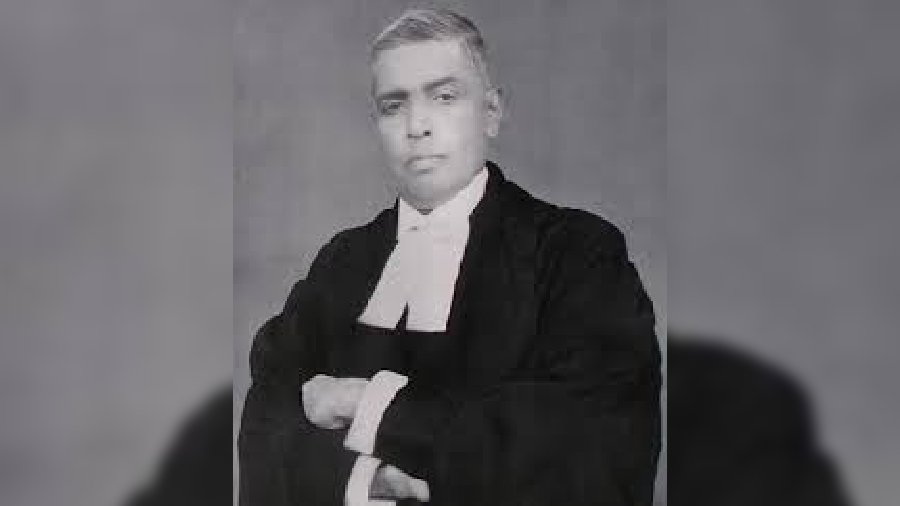Jurist Radhabinod Pal was born on this day. He was appointed one of the judges in the “Tokyo Trials” of Japanese war crimes. Among the panel of judges appointed from several countries, he was the only one who submitted a judgment that said that all defendants were not guilty. His dissent would later be hailed as an example of a principled argument in favour of true justice.
Pal was one of the three Asian judges appointed to the International Military Tribunal for the Far East, the “Tokyo Trials”. Even as he maintained that the evidence about atrocities committed by the Japanese army against civilians in territories they occupied and also against the prisoners of war was overwhelming, Pal questioned the legitimacy of the tribunal, saying it was motivated by the spirit of retribution and not impartial justice.
The Emperor of Japan conferred upon Pal the First Class of the Order of the Sacred Treasure. The Japanese remember him with gratitude.
Earlier in his career, Pal had contributed to drafting the Indian Income Tax Act of 1922. He taught at the Law College of Calcutta University and was appointed judge at Calcutta High Court in 1941. He was appointed vice-chancellor of Calcutta University in 1944. He had studied at Presidency College and the Law College of Calcutta University.
